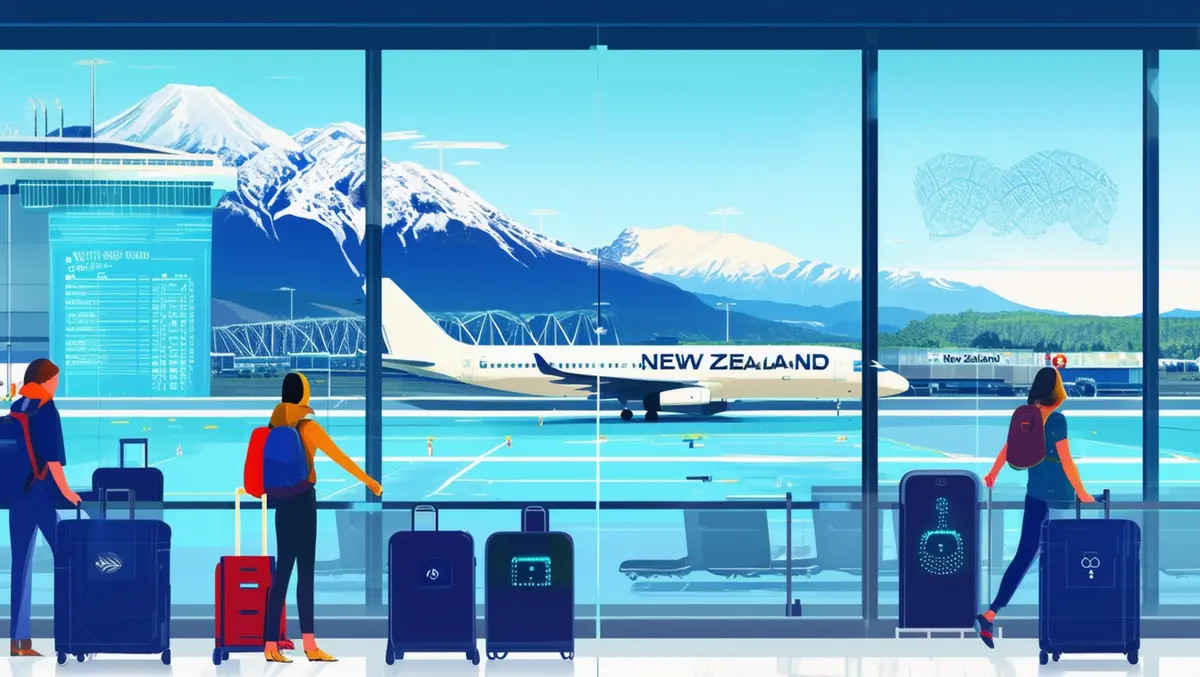
Research reveals Kiwi travellers' outdated security methods
As New Zealanders prepare to head overseas in pursuit of warmer weather and international events like the Olympics, they are being urged to reconsider their approach to travel security. New research commissioned by Mastercard has unveiled several surprising and outdated methods that Kiwis use to safeguard their money while on holiday.
The research reveals that one in three (33%) of Kiwi travellers admit to hiding cash in everyday items, such as sunscreen bottles, while spending time at the beach.
Additionally, 19% keep their money inside their shoes in hotel rooms, 12% choose to hide cash in their underwear, and another 12% opt for books. These unconventional hiding spots reflect a broader trend where more than two in five (44%) have not changed their spending habits while travelling abroad.
Mallika Sathi, Vice President of Cyber & Intelligence for Australasia at Mastercard, commented on the findings: "There's possibly an outdated perception that the way we pay abroad is different from the way we pay at home."
Sathi highlighted that, as digital payments have evolved and travel has become more accessible, many banks have made using daily debit or credit cards abroad as seamless as using them at home.
"Banks are still giving users all the same protections against fraud, scams, and loss," she added.
Mastercard's study also indicated that Kiwi travellers return home with an estimated NZD $169 million in unspent foreign cash each year. Alarmingly, 71% of those surveyed admitted that they do not exchange this money back into New Zealand dollars. Sathi noted, "Not only is there no way to reclaim lost funds when paying with cash, but the research suggests that Kiwis do not take action with their foreign currency and exchange it back once they return."
To address these concerns and offer practical solutions, Mastercard has partnered with Bryony Thorpe, an international flight attendant who has made payments in over 25 countries.
Together, they have launched a six-part content series titled "Travel Secure in 60 Seconds," which provides practical tips for better money protection while travelling. The initiative aims to educate travellers on secure payment practices and can be accessed via Mastercard's YouTube channel.
The series includes advice on several key areas, such as the importance of booking rides that accept digital payment, planning and booking in advance to save money, and understanding what steps to take if a card is compromised – namely, cancelling the card, calling the bank, and carrying a backup option. Furthermore, the series advocates for the use of digital wallets, selecting the right currency for transactions, and keeping cards close to avoid loss or theft.
Sathi emphasised the importance of using digital payments to enhance security while travelling.
"Many of Mastercard's partners, including fintechs and banks, are innovating in this space by creating travel-centric cards which offer highly competitive exchange rates or multi-currency wallets, along with a swathe of in-app features to give consumers control over their finances when travelling," she said.
To help safeguard transactions, Mastercard's global network, with policies such as Zero Liability, protects users against loss from unauthorised transactions. Despite the pace of innovation in digital and card payments, the research showed that Kiwi travellers remain tied to older, less secure methods while abroad.
This reliance on cash increases the risks of both loss and theft during travel, marking a significant area where improvements can be made.
Mastercard's latest findings shine a light on the need for improved financial habits and security measures among Kiwi travellers. By adopting newer technological solutions and prudent practices, travellers can significantly mitigate the risks associated with traditional cash-based transactions.
